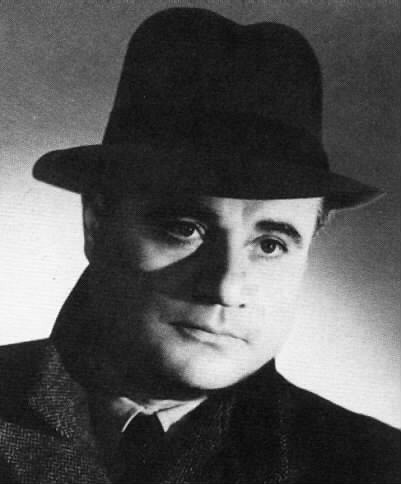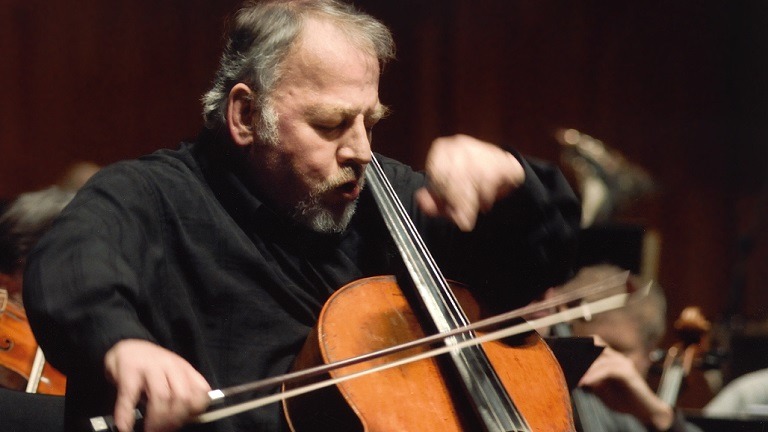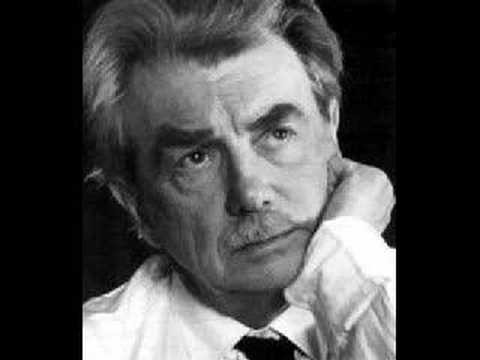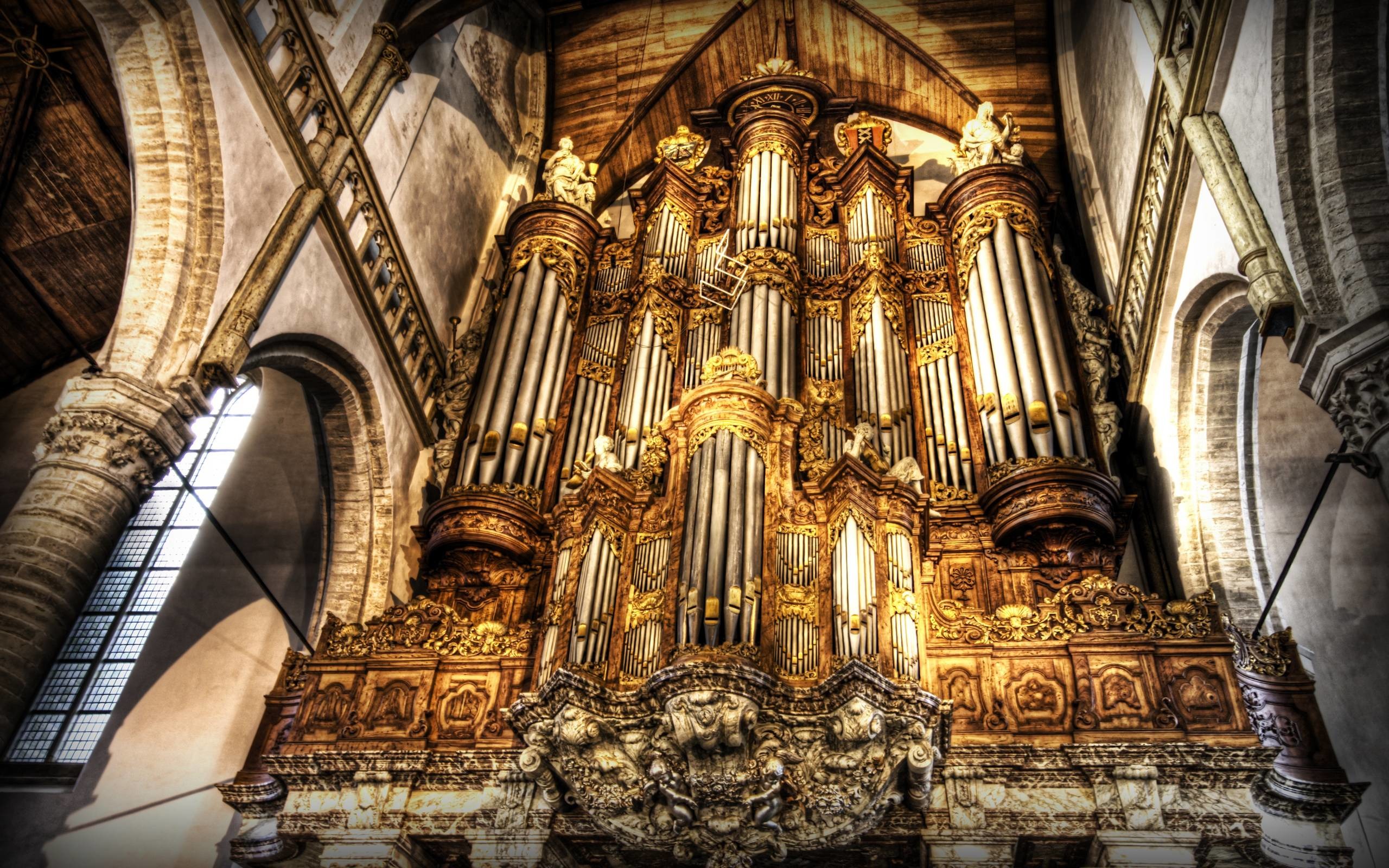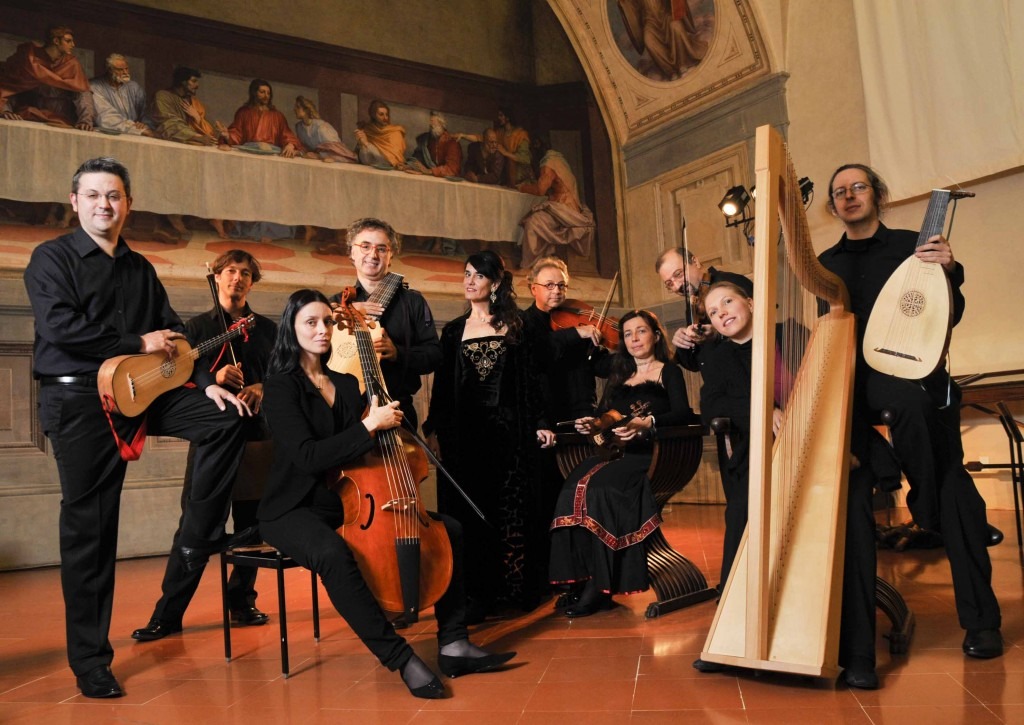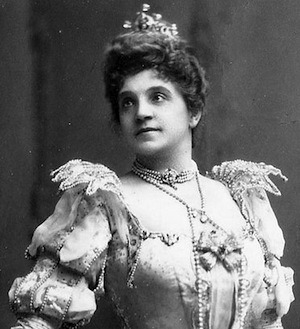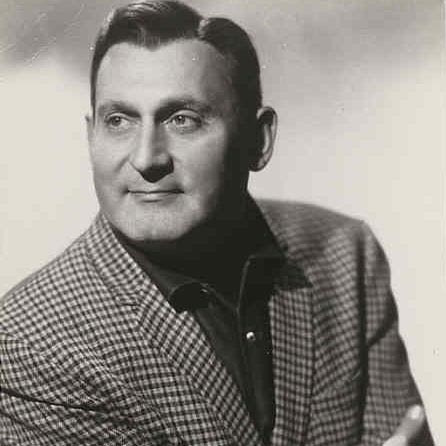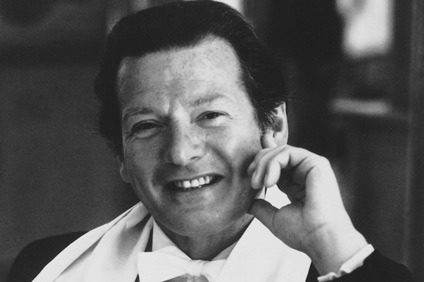The spinto is a tenor with a larger, slightly pressed voice (from spingere, Italian for push). While it is distinctly different from a light lyric tenor in a standard Mozart opera (for example a Don Ottavio in Don Giovanni), a
Blogs
When the cellist and conductor Heinrich Schiff suffered a devastating stroke in 2008, he was in serious danger of loosing all mobility on his left side. As soon as he got to the hospital he almost instinctively started to go
The noise of the new so often pushes the old out of our sight that often it’s a good idea to go back and see what we might have missed or forgotten. Today, we’re looking at the influential Heinrich Neuhaus.
Although we primarily associate the pipe organ with liturgical and/or religious use, the “Queen of Instruments” was originally part of the gladiatorial games in Rome! Parades and subsequent gory events were often accompanied by music, featuring curved horns and organs.
What do you get when you enrich the subjectivity of artistic interpretation with the objectivity of scholarly study? In terms of terminology you get “historically informed performances.” However, in philosophical terms you get one of the most contentious topics since
When we talk about giants among the female Lieder interpreters of the 20th century, we really must start with the great Polish soprano Marcella Sembrich (1858-1935). Sembrich performed for Liszt, and after studying in Vienna and Milan, secured long-term contracts
Richard Tucker: First of the great American tenors For several generations of patrons of the Metropolitan Opera in New York, one tenor represented the absolute gold standard: Richard Tucker. It helped that he had immigrant Jewish background (he was born
The world recently lost Sir Neville Marriner, a man who had a worldwide impact on music and musicians. Those of us who were lucky to know him and work with him have been forever enriched.

